7 Powerful Restaurant Website SEO Tips to Skyrocket Local Traffic

Table of Contents
Restaurant Website SEO: 7 Powerful Tips to Boost Local Traffic
Restaurant Website SEO is essential for ensuring your restaurant stands out in local search results, driving more traffic, and increasing your online reservations. In this guide, we’ll cover seven powerful Restaurant Website SEO tips to help you optimize your site and attract more local customers.
Optimize Your Website for Mobile Users
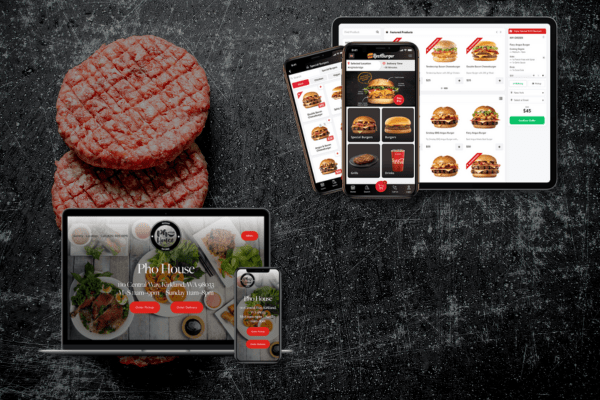
A critical aspect of Restaurant Website SEO is making sure your site is mobile-friendly. Google’s mobile-first indexing means that your website’s mobile version is prioritized in search rankings. A mobile-friendly website offers an excellent user experience across all devices, crucial for retaining and converting visitors. Start by using responsive design, optimizing site speed, and simplifying navigation for mobile users.
Incorporate Local Keywords in Your Restaurant Website SEO
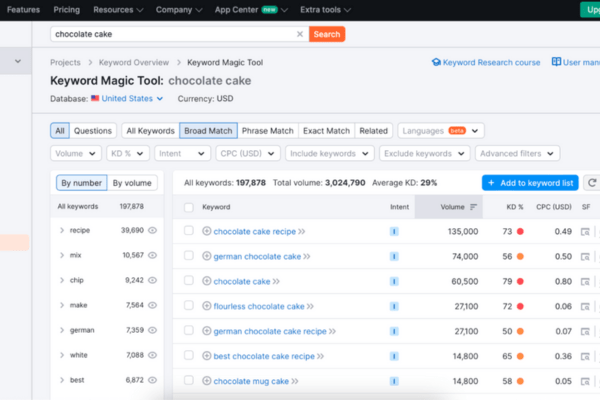
Incorporating local keywords is vital for effective Restaurant Website SEO. Use tools like Google Keyword Planner and Ahrefs Keywords Explorer to find relevant keywords for your area. Phrases like “best restaurant in [City]” or “top dining spot in [Neighborhood]” should be naturally integrated into your content, including homepage copy, menu descriptions, and blog posts. This helps ensure that your restaurant appears in local search results.
Create High-Quality, Location-Specific Content for Your Restaurant Website SEO
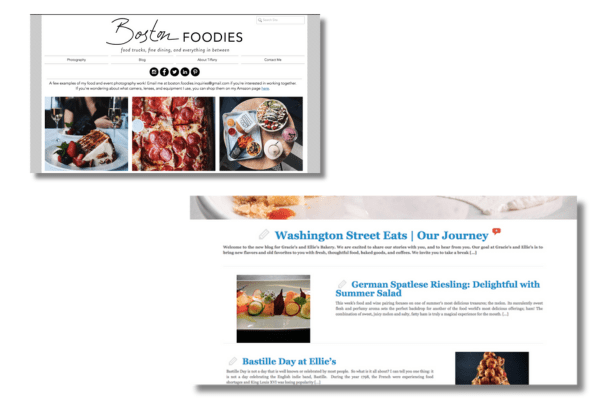
Content is king when it comes to Restaurant Website SEO. Regularly updating your website with high-quality, location-specific content can significantly improve your search engine rankings. Consider writing blogs about local events, guides on the best places to visit in your city, and customer testimonials. By creating valuable content that resonates with your local audience, you can enhance your website’s relevance and authority.
Ensure Consistent NAP Information Across All Platforms for Optimal Restaurant Website SEO
Consistency in your restaurant’s Name, Address, and Phone number (NAP) across all online platforms is critical for Restaurant Website SEO. Any discrepancies can lead to confusion among search engines, affecting your local search rankings. Make sure that your NAP information is identical across your website, Google My Business profile, Yelp, TripAdvisor, and other directories.
Leverage Customer Reviews and Testimonials for Effective Restaurant Website SEO
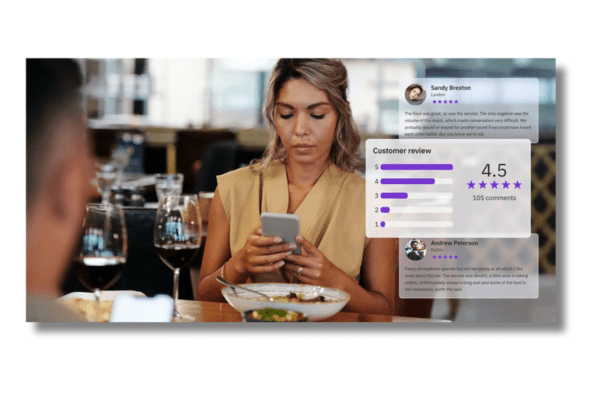
Customer reviews are a powerful tool for Restaurant Website SEO. Positive reviews not only enhance your credibility but also improve your visibility in local search results. Encourage your satisfied customers to leave reviews on Google, Yelp, and other platforms. Additionally, display these testimonials on your website to build trust with new visitors.
Optimize for Voice Search to Enhance Your Restaurant Website SEO
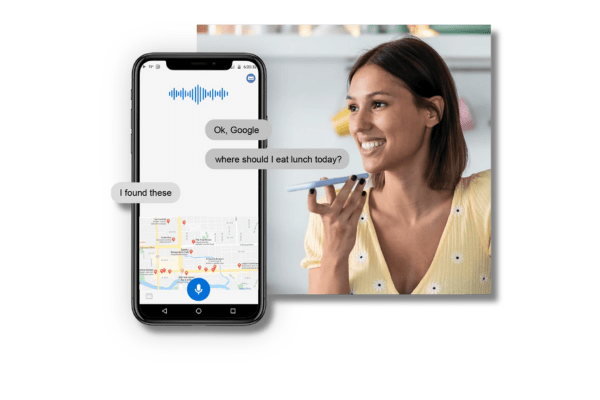
Voice search is becoming increasingly popular, making it an important element of Restaurant Website SEO. Voice searches are typically longer and more conversational, so it’s important to include natural language and questions in your content. Consider creating an FAQ page that answers common voice search queries, such as “Where is the best pizza place in [City]?” or “What are the hours of [Restaurant Name]?
Regularly Monitor and Update Your Restaurant Website SEO Strategy
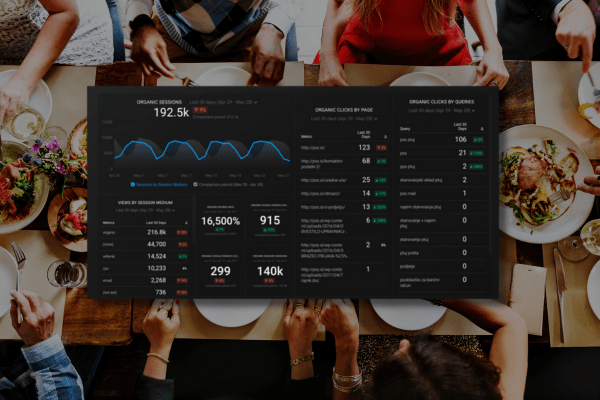
Local SEO is an ongoing process that requires regular monitoring and updates. Use tools like Google Analytics and Google Search Console to track your website’s performance and adjust your Restaurant Website SEO strategy as needed. Keep your content fresh, update your NAP information regularly, and stay on top of customer reviews to maintain a strong online presence.
Conclusion
Optimizing your restaurant’s website for local SEO is a powerful way to increase visibility, attract more customers, and boost online reservations. By focusing on mobile optimization, local keywords, high-quality content, and consistent NAP information, you can ensure that your restaurant stands out in local search results. Regularly updating and monitoring your SEO efforts will keep your restaurant thriving in a competitive market.
Frequently Asked Questions
Restaurant Website SEO refers to the process of optimizing your restaurant’s website to rank higher in search engine results, particularly for local searches. This is crucial for attracting more customers, increasing online visibility, and driving foot traffic to your restaurant. Effective SEO helps ensure that your restaurant appears prominently when potential customers search for dining options in your area.
- Optimizing your restaurant website for mobile users is essential because Google prioritizes mobile-friendly sites in search rankings. A mobile-optimized website ensures that users on smartphones and tablets have a seamless experience, which reduces bounce rates and improves user engagement—both of which are critical factors in SEO rankings.
Local keywords are search terms that include specific locations or regional phrases, like “best pizza in [City]” or “top brunch spot in [Neighborhood].” Incorporating these keywords into your website content, such as in titles, meta descriptions, and menu descriptions, helps your restaurant appear in local search results, making it easier for nearby customers to find you.
Consistent NAP (Name, Address, Phone number) information is vital for local SEO because search engines use this data to verify your business’s legitimacy and location. Inconsistent NAP information across your website, Google My Business, and online directories can confuse search engines, leading to lower rankings in local search results.
Customer reviews significantly impact Restaurant Website SEO by enhancing your restaurant’s credibility and visibility in search engines. Positive reviews can boost your rankings, especially in local search results. Additionally, displaying these reviews on your website can increase trust and encourage more potential customers to visit your restaurant.
Voice search optimization is becoming increasingly important as more users rely on voice-activated devices to find local businesses. By optimizing your website for voice search—using natural language, answering common questions, and focusing on local queries—you can capture more traffic from voice search users, driving additional customers to your restaurant.
